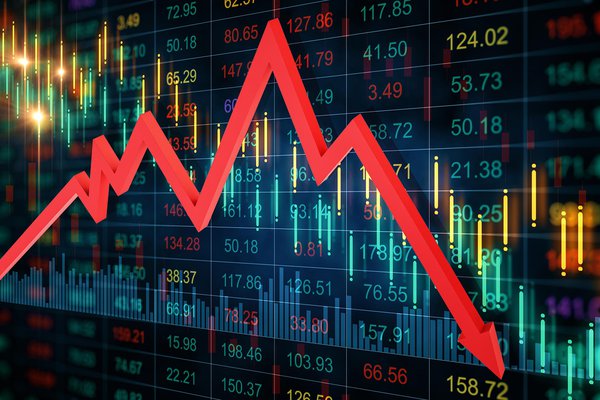Martinelli defends ministers who got cheap land intended for farmers

President Ricardo Martinelli on Tuesday, July rushed to the defense of two of his ministers, in the news for having obtained large pieces of land from the state at only $6 a hectare.
He said that Health Minister Franlin Vergara and Labor Minister Alma Cortes, "fulfilled to the letter with the requirements and procedures established by law."
In an e mail, sent to La Prensa on Tuesday Martinelli said that "the two ministers … formalized the deals when not serving in the Cabinet.”
He denied that the case of his two ministers was similar to that of Charro Espino, the uncle of former President Martin Torrijos whom Martinelli severely criticized when running for office. Espinosa obtained state land for less than a penny per square meter in 2007, or $100 a hectare. "We are talking about two different things, one is mountain land, Charro's was mangrove waterfront," he said.
The President justified the price paid by his ministers, saying that the price of $6 per acre allows peasants to obtain titled. "There are already more than 100 000 titles which sold for $6 an acre."
Three hours later, the newspaper received a letter from the president in which he asked to add to your original statement that "Since 1963 a total of 158,000 rights of possession were granted were paid $ 6 per acre, substantially tol families in Panama. "
Former comptroller Alvin Weeden said the goal of the Land Code was to enable farmers to acquire the land they have worked for years, justifying the minimum price of $6 per hectare. However, in cases such as the ministers, Weeden refers to the ability of the Department of Agrarian Reform to set higher prices.
In the latest survey commissioned by La Prensa from Unimer and carried out between June 23 and 27 before the scandal broke, questions about the campaign slogan of the president about previous administrations "They go in clean and come out millionaires" 7 out of 10 Panamanians felt that present administration officials were improperly enriching themselves.
Similarly, 28% of respondents believe that corruption has increased, while 44.4% believe that corruption has remained at two years of government, only 25% believe it has decreased.






